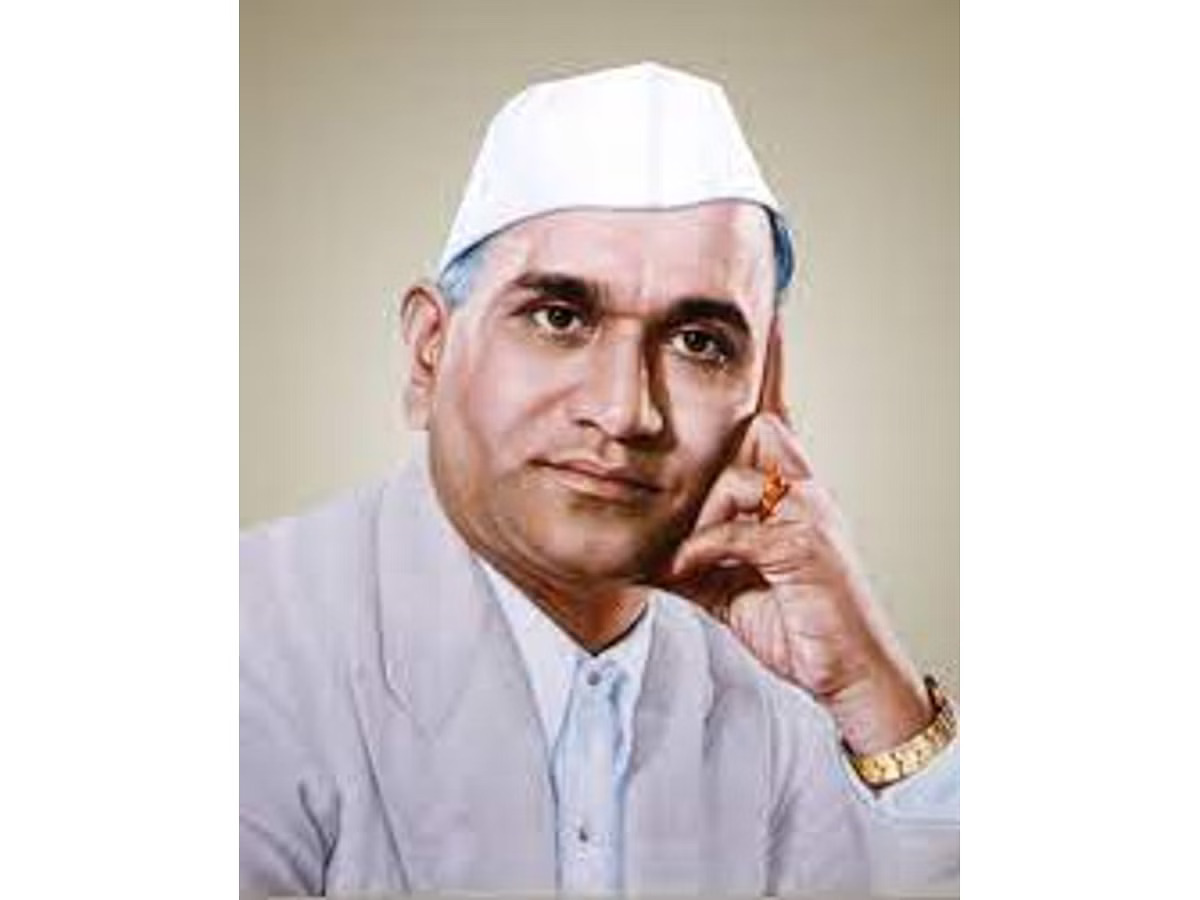
Mahatma Gandhi Vidyamandir's Arts & Commerce Junior College, Yeola, Dist-Nashik

Arts and Commerce Junior College Yeola is an educational institution that was established in the year 1977. Loknete Vyankatrao Hiray inspired to start Junior College Yeola and is administered by Mahatma Gandhi Vidya Mandir, Nashik. Karmaveer Bhausaheb Hiray, the outstanding educationalist, social reformer, Father of Tenancy Act and the erstwhile Revenue Minister of Maharashtra. He was the founder of the M.G. Vidya Mandir. This college is the branch of the Mahatma Gandhi Vidya Mandir, Nashik.
Today the college has about 350 student-strength in Arts and Commerce faculties of the college. The college has qualified staff with good academic experience. The college is committed to uplift the rural, poor and the students from minority communities from the region. The college follows the motto of the institution i.e. �Bahujan Hitay Bahujan Sukhay�. The college attempts to achieve extra mural aims and objectives and seeks multidimensional development of the students.The college has a convenient location, specious premises, a well-established building with the good library gymkhana, and a computer centre. The college ensures an excellent academic record to prove the competitive efficiency of student in today�s competitive world.
"To reach out to the poor, needy, down-trodden, segregated and deprived to uplift them by giving new directions, heights and aspirations through education."